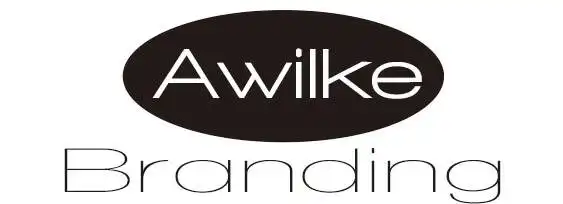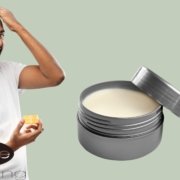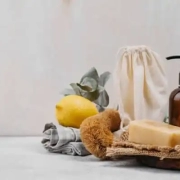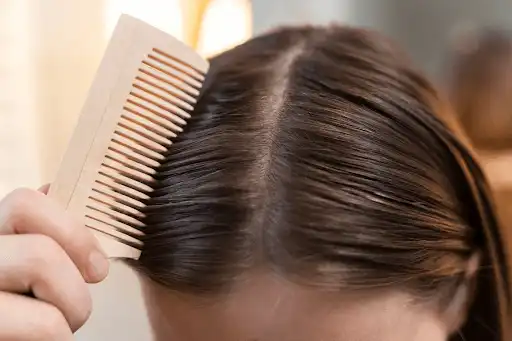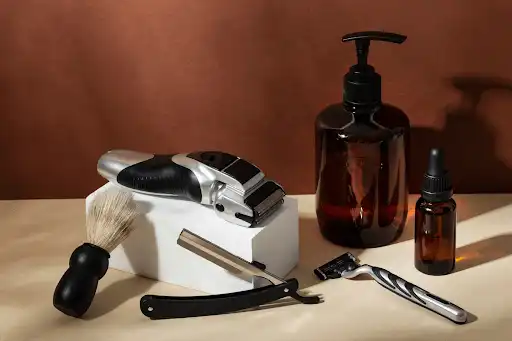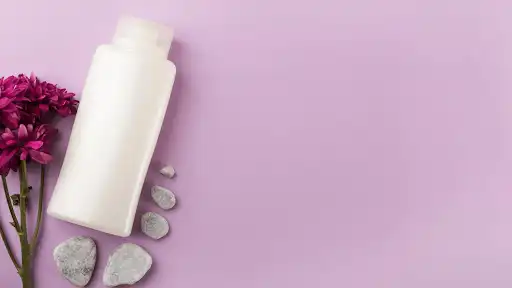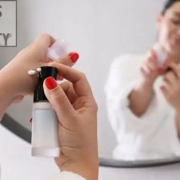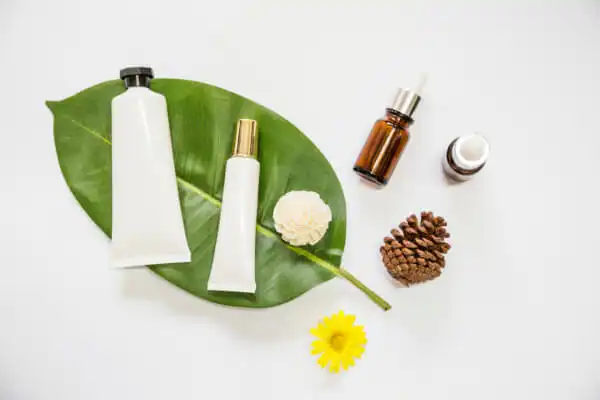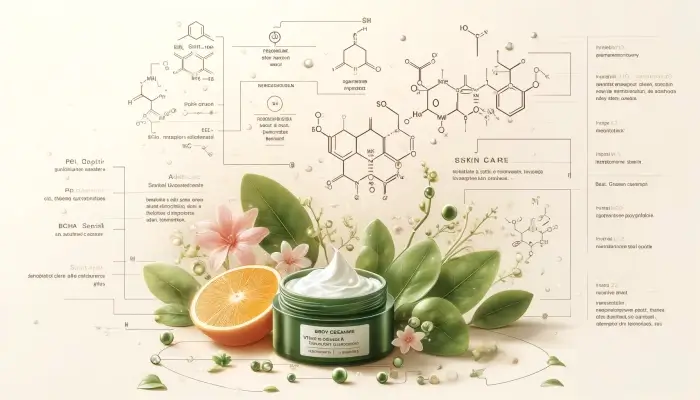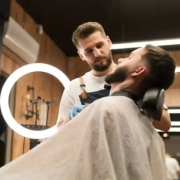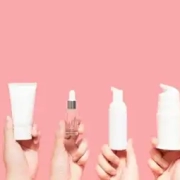Ultimate Guide to Top Men’s Hair Wax Products: Improve Your Grooming Game
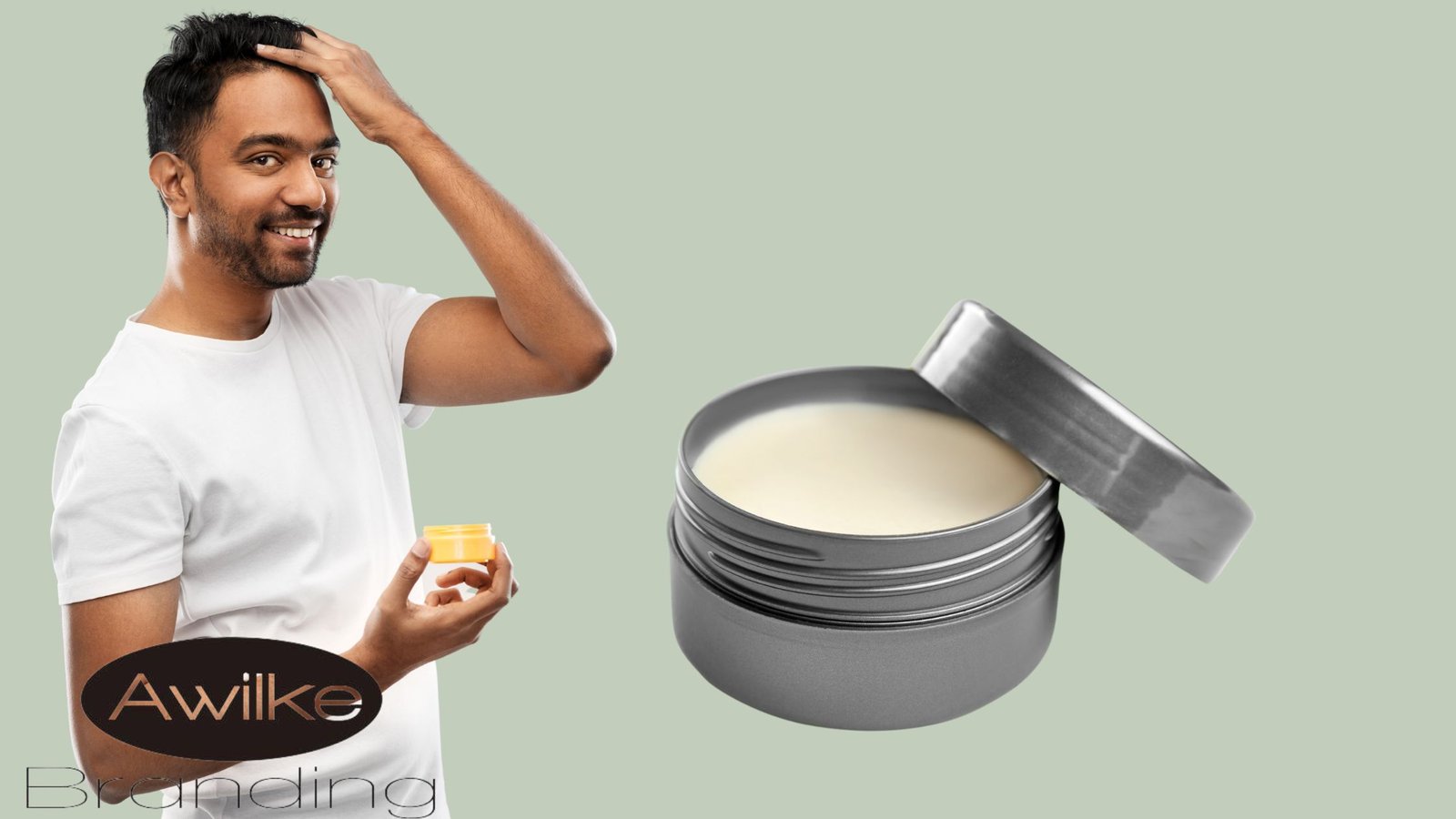
Do you wish to discover the Ultimate Guide to Top Men’s Hair Wax Products? The secrets to elevating your grooming routine with the right hair wax. For men, choosing the perfect hair wax can transform appearance and confidence levels.
This comprehensive guide will discuss various hair waxes, examining their composition, hold, shine, and suitability for different hair types and styles.
Whether you’re looking to refine your own grooming routine or seeking to develop a private label brand in this growing market, you’ll find invaluable insights here. We’ll explore industry trends backed by the latest statistics and provide practical tips for selecting products that align with your grooming needs and business objectives.
What is Hair Wax?
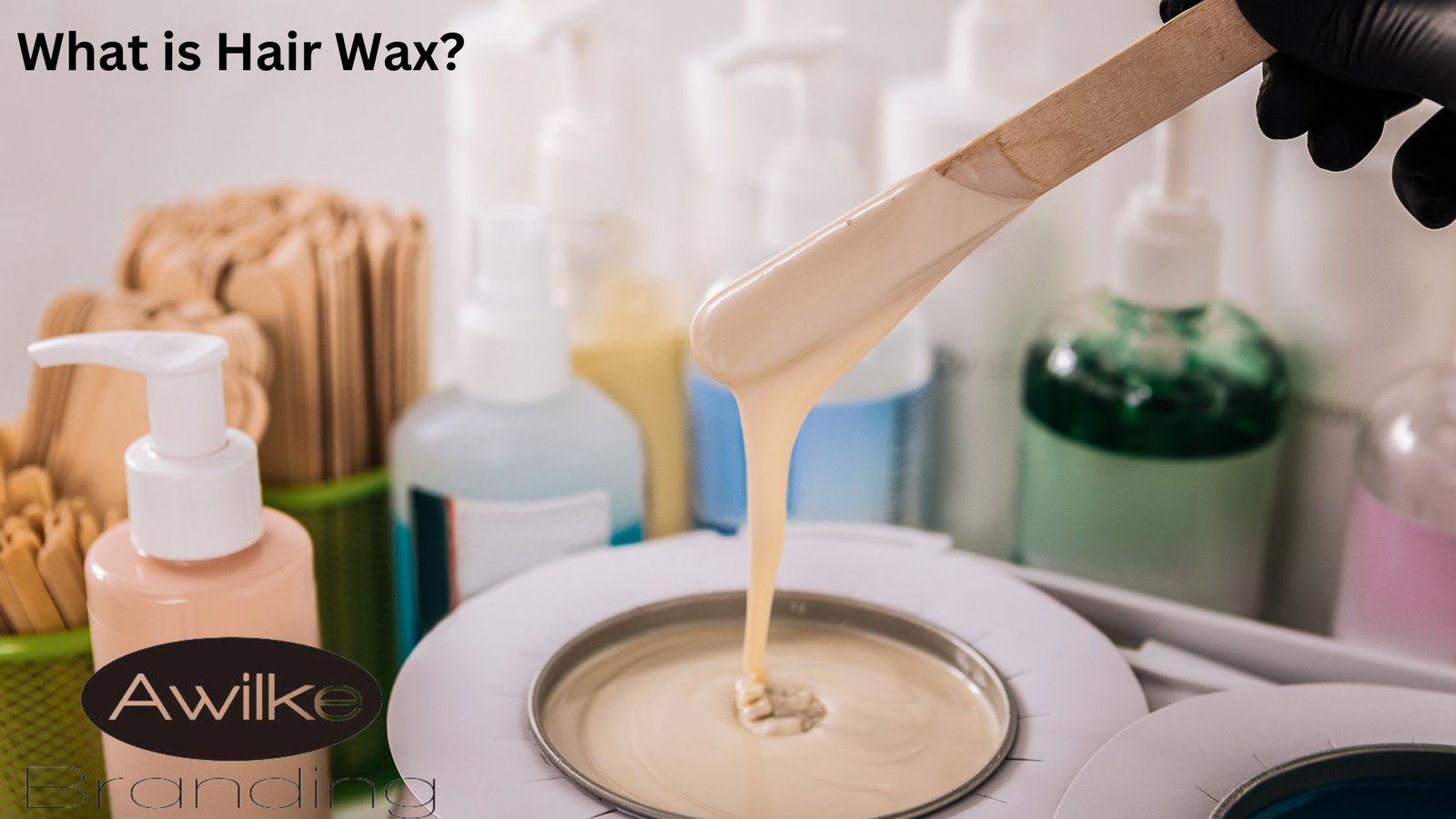
Have you ever wondered what the secret is behind those perfectly tousled hairstyles that seem both effortlessly chic and impeccably maintained?
Hair wax is a versatile styling product known for its ability to hold hair in place without the stiffness or greasiness associated with other products like gels or pomades.
Its flexibility is particularly lauded; you can reshape your hair throughout the day without additional application. Unlike hair gel, which often leaves a shiny, wet look, hair wax provides a matte finish, making it ideal for those aiming for a more natural appearance.
Hair Wax vs. Pomade vs. Gel
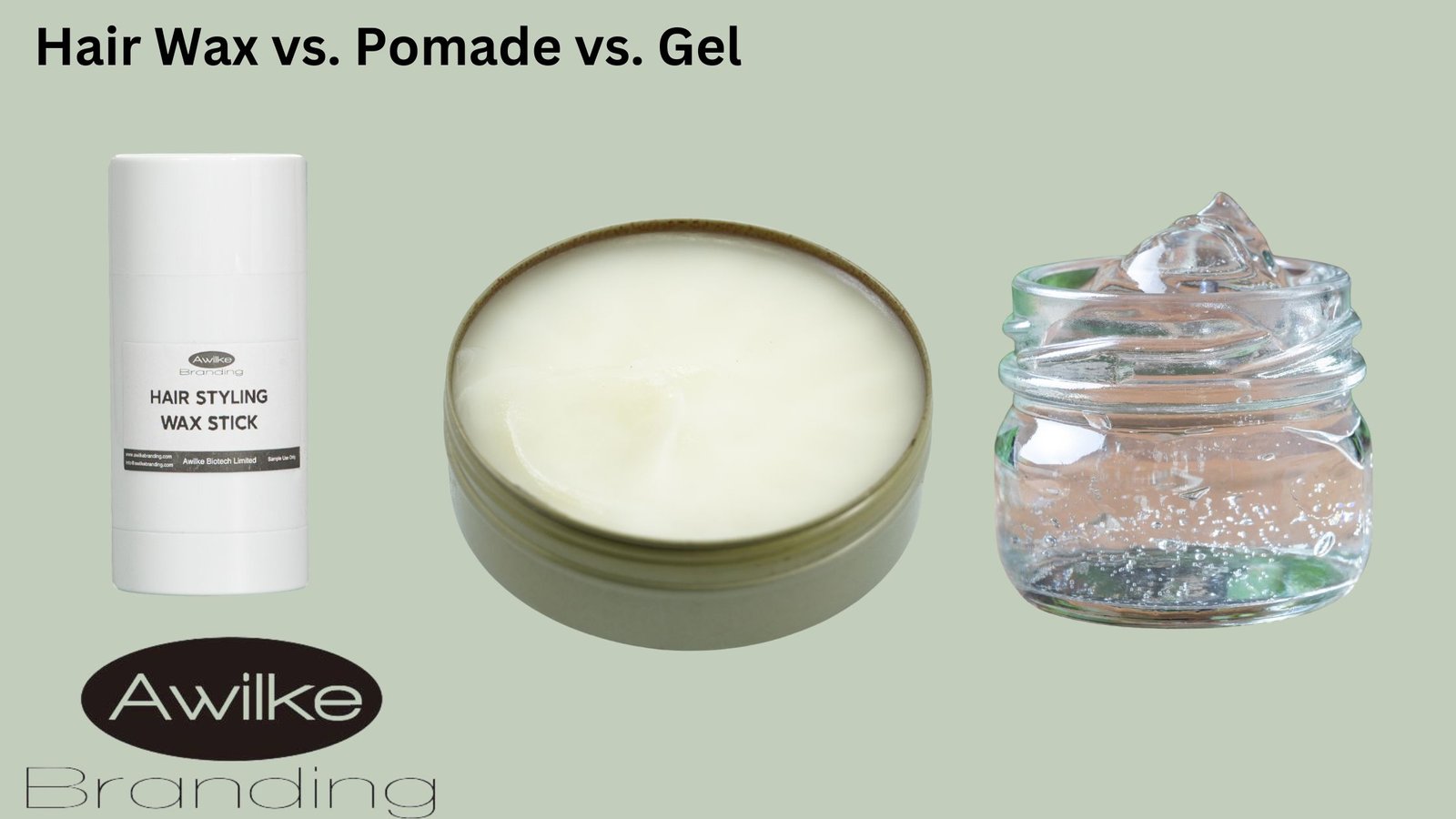
The key differences lie in the texture, finish, and hold:
- Gel offers a high shine and strong hold, perfect for more dramatic, sculpted styles. It’s best applied to wet hair and can sometimes result in a crunchy texture.
- Pomade balances shine and hold and is excellent for achieving slick, smooth looks. It can be used on both wet and dry hair depending on the desired effect and is easier to wash out than gel, particularly the water-based formulas.
- Wax, with its matte finish and strong hold, is superior for natural-looking styles. It’s most effective on dry or slightly damp hair. It excels in managing thicker hair types or more textured styles without hardening.
Why is Hair Wax a Game Changer in Men’s Grooming?
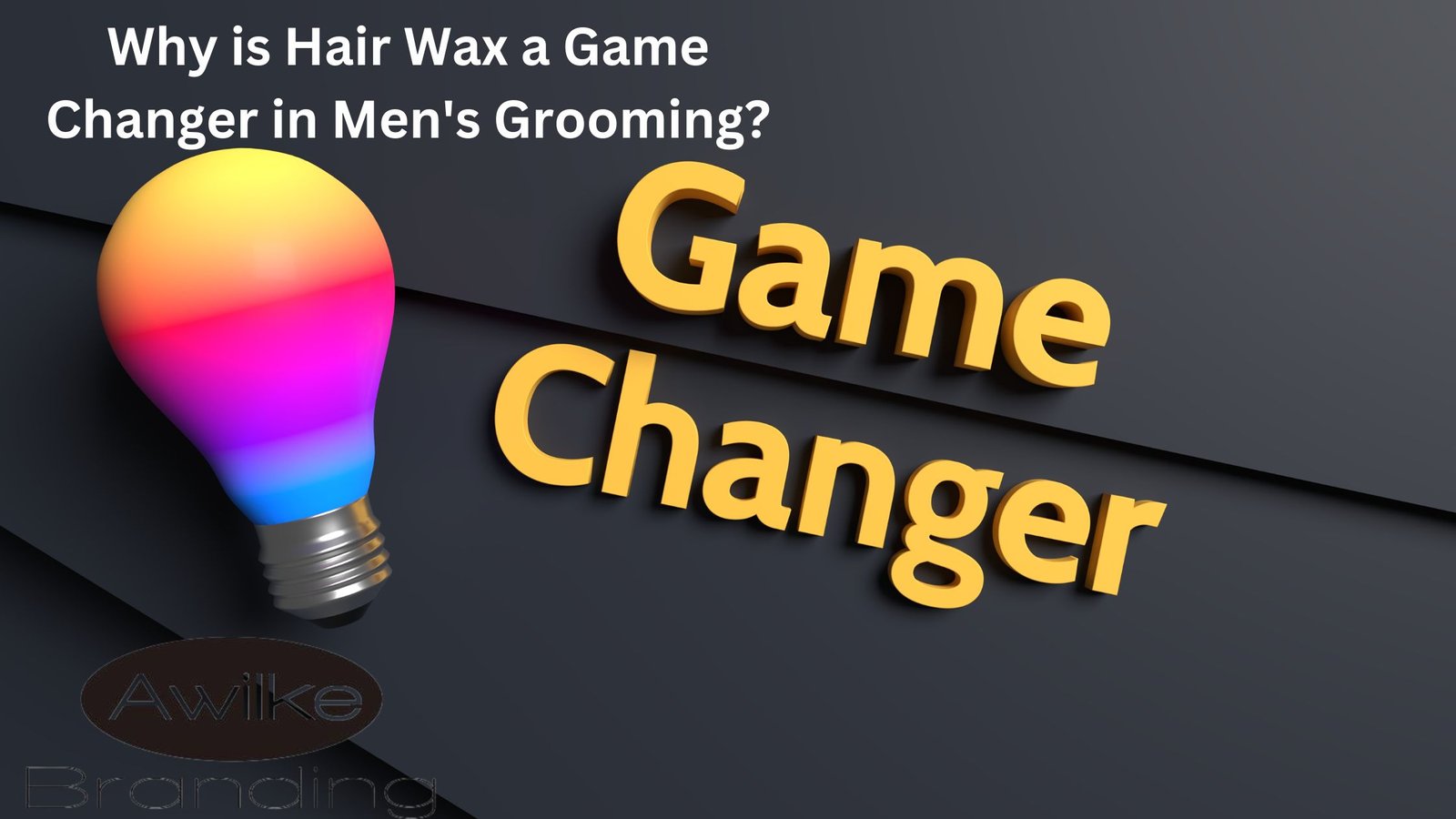
Imagine stepping out each day with your hair looking just as fresh and styled as when you left the barbershop. This isn’t just a dream—it’s a reality with hair wax. But what sets it apart from other styling products like gels and pomades?
-
Longer Hold Without the Hardness:
Unlike gels that can leave your hair feeling stiff and crunchy, hair wax provides a lasting hold while allowing your hair to remain flexible and natural to the touch. This means you can restyle your hair throughout the day without applying more product or dealing with the unpleasant hardness that gels can produce.
-
Natural, Matte Finish for That Effortless Look:
Many men prefer a more understated, matte look, which is exactly what hair wax offers. It doesn’t give the shiny finish that comes with most gels and some pomades, making it ideal for everyday wear and professional settings alike.
-
Versatility Across Hair Types and Styles:
Wax can work wonders if you have fine, thick, curly, or straight hair. It’s particularly effective for adding texture and definition to hair that is too short to medium-length, but that’s not all.
For those with fine hair, it adds volume without weighing the hair down, while for those with thick or curly hair, it helps manage and tame unruliness without the greasiness.
-
Sculpt and Define with Ease:
Hair wax excels in crafting textured, tousled looks that are popular today. It’s great for defining curls and creating edgy, spiky styles and for more polished looks like pompadours and quiffs.
The ability to mold and remold your hair without losing hold throughout the day underscores hair wax’s primary appeal: its incredible flexibility.
-
Safe and Beneficial Ingredients:
Most hair waxes are formulated with natural ingredients like beeswax and plant oils, which provide hold and nourish the hair. This makes hair wax a healthier choice for your hair, avoiding the drying effects of alcohol found in many gels and some pomade brands.
Top Hair Wax Products for Men in the Market
Hair wax stands out for its versatility and effectiveness for men looking to maintain a sharp, stylish look. Here’s a breakdown of some of the top hair wax products tailored for different hair types and styling needs.
1. Paul Mitchell Men Clean Cut Medium Hold Styling Hair Cream
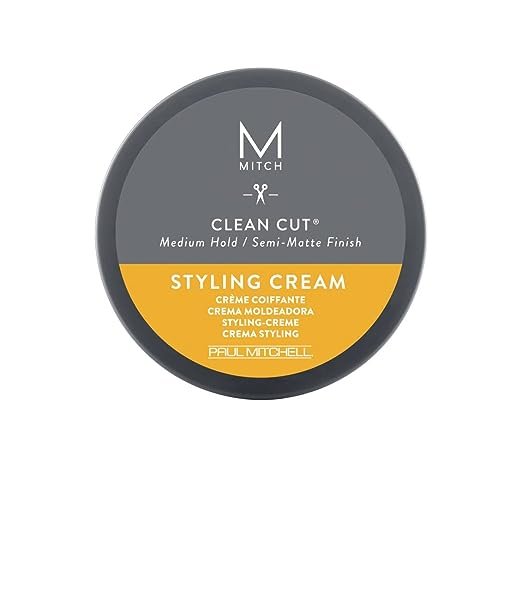
This wax is perfect for those seeking a firm hold without a glossy finish. It’s well-suited for various hair textures, making it a versatile choice for everyday styling. Its ease of use and pleasant aroma make it a staple for those who value quality and simplicity in their grooming products.
2. Gatsby Moving Rubber Spiky Edge Hair Wax
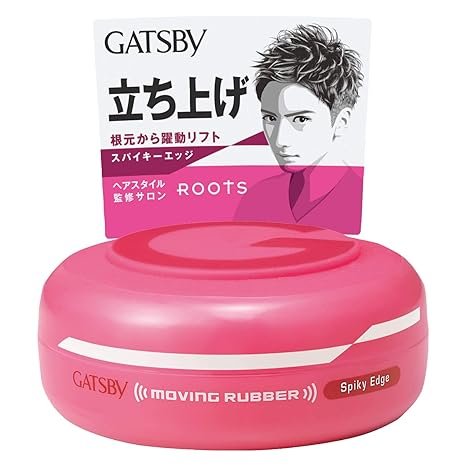
Ideal for achieving that bold, spiked look, this wax provides an exceptional hold, keeping your style intact through a busy day. It’s especially great for men who prefer a strong, lasting hold and a product that smells great without overpowering.
3. TIGI Bed Head for Men Matte Separation Workable Wax
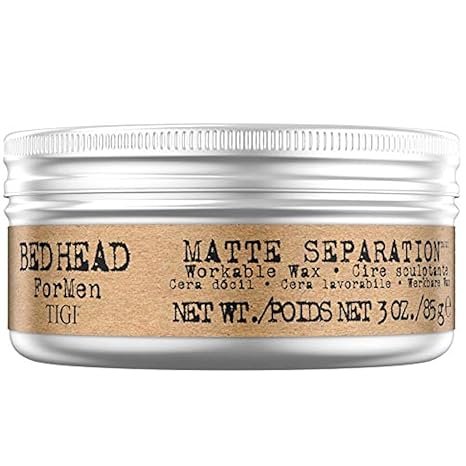
This wax offers a balance between hold and flexibility, making it suitable for various hair lengths and textures. It’s particularly good for achieving a natural matte finish, adding texture and separation without the crunchiness some other products might leave.
4. Jack Black Wax Pomade
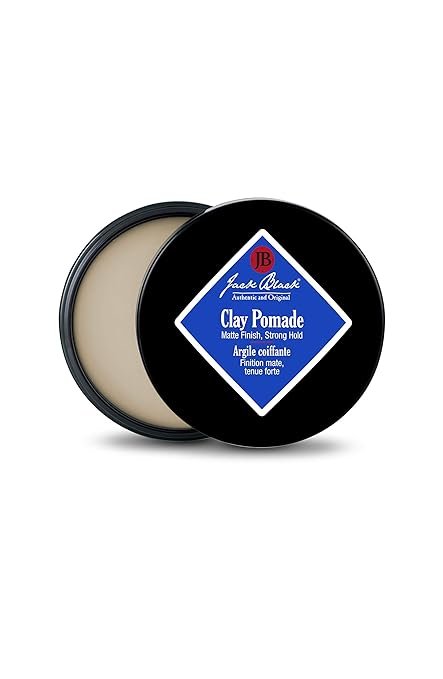
It combines the benefits of both wax and pomade. This product is excellent for those looking for a flexible hold and natural shine. It’s made with organic ingredients, enhancing the health and appearance of both hair and scalp. This wax is also versatile enough to be used on facial hair, adding to its appeal.
5. Paul Mitchell Firm Style Dry Wax
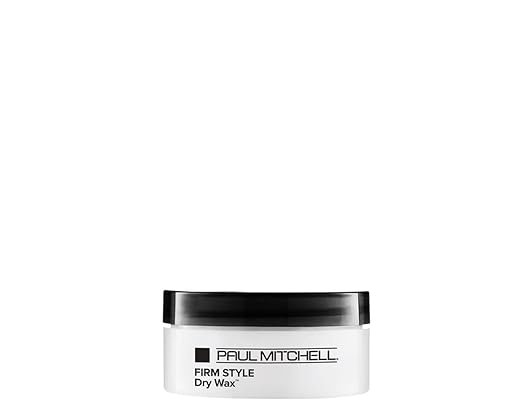
For those who prefer a product that combines a stronghold with environmental consciousness, this dry wax is ideal. It offers a matte finish and is infused with natural ingredients like jojoba seed and rosemary extracts, nourishing the hair while keeping it styled and in place all day.
However, for those inspired not just to use but also to create their own branded hair products, Awilkebranding stands out as the premier choice for manufacturing high-quality hair wax.
With a reputation for excellence in product formulation and customer satisfaction, Awilkebranding offers an unparalleled opportunity to develop a hair wax line that meets the industry’s highest standards of quality and performance.
If you’re considering entering the market with your brand, partnering with Awilkebranding ensures that you get the best in terms of product development and market readiness. You can also order your samples or contact us to make a proper arrangement.
Guide to Choosing the Right Hair Wax
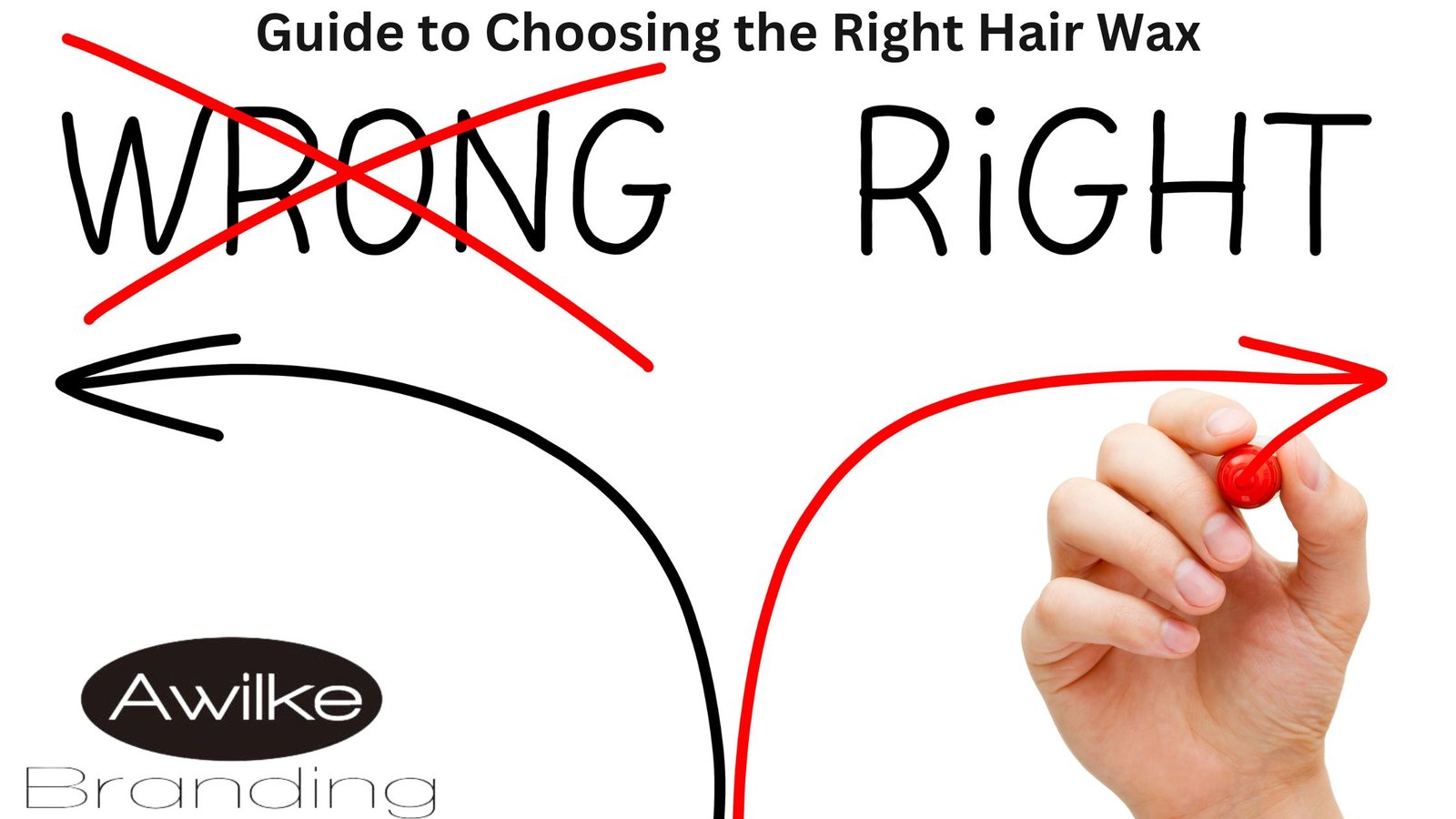
Selecting the right hair wax is more than just grabbing the nearest product off the shelf. It’s about understanding your hair type, your desired style, and the ingredients that best complement your hair’s health.
Factors to Consider When Choosing Hair Wax
- Hair Type: Your hair type is pivotal when choosing the right wax. A lightweight wax that doesn’t weigh down your strands is ideal for fine hair. Thicker hair might need a stronger hold wax to manage and style effectively. Products like TIGI Bed Head for Men Matte Separation Workable Wax are known for their versatility across various hair types.
- Desired Hold and Finish: Do you want a natural, textured look or something sleek and polished? Waxes come in different hold strengths and finishes, from matte to shiny. For instance, Paul Mitchell’s Dry Wax offers a strong hold with a natural matte finish, making it perfect for a more understated look.
- Key Ingredients: Ingredients like beeswax, lanolin, and various oils play significant roles in the performance of hair wax. They can affect everything from hold and shine to the health benefits like moisturizing your scalp and hair. Beeswax is great for providing hold without stiffness. At the same time, ingredients like kaolin clay can help detoxify the scalp and improve hair elasticity.
Application Tips for Optimal Results
- Amount: Always start with a small amount. You can add more if needed, but starting small helps prevent your hair from becoming overly greasy.
- Technique: Warm the wax in your palms before applying it to your hair. This makes it easier to distribute. Apply it evenly from the mid-lengths to the ends, avoiding direct application to the scalp to prevent buildup.
- Styling: Use wax on dry or slightly damp hair for the best results. For a volumized look, apply the wax and then use a blow dryer to help set the style.
How to Start a Partnership with Us

Have you heard about the current trend of a bright entrepreneur bursting with ideas and deciding to launch a new hair wax brand? Fueled by passion but lacking in experience, they choose the lowest bidding manufacturer to save costs.
The products arrive on time but with a slew of issues: inconsistent texture, an unappealing scent, and packaging that leaks. Sales plummet before they even take off, and the brand’s reputation suffers immensely.
This cautionary tale underscores why choosing a reputable, experienced manufacturing partner like us is crucial. But here are the simple steps to take if you are looking for a good partnership.
Step-by-Step Guide on Initiating a Partnership
- Research and Inquiry: Start by visiting our website to learn more about our services, capabilities, and the markets we serve. Understand our process and what makes us a leader in the industry.
- Initial Contact: Reach out via our contact form or directly through the provided email or phone number. Provide a brief overview of your brand, product needs, and business goals.
- Consultation: We will arrange a consultation call or meeting to discuss your requirements in detail. This is the time to ask questions, request samples, and discuss customization options.
- Proposal and Agreement: Based on the consultation, we will provide a detailed proposal outlining the scope of services, pricing, and timelines. Once agreed upon, we will finalize the partnership agreement.
- Product Development: Our team will work closely with you to develop and refine your product according to the agreed specifications.
- Production and Quality Assurance: Once the product formulation is approved, production begins under strict quality control measures to ensure every batch meets your standards.
- Delivery and Feedback: After production, your products are delivered. We value feedback to improve the service and product quality continuously.
Why Partner with Us for Your Hair Wax Manufacturing Needs?
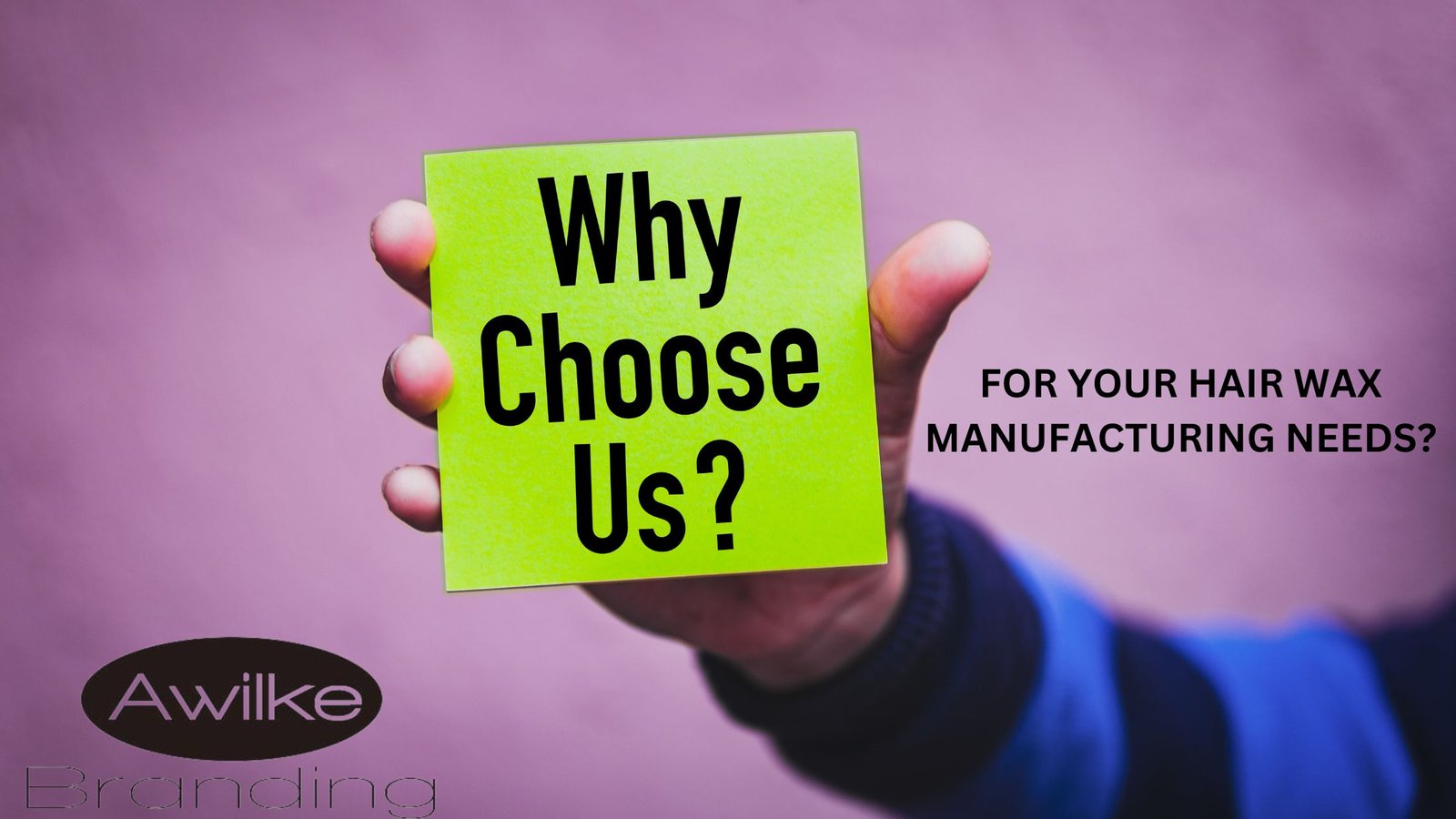
Partnering with a manufacturer like Awilkebranding ensures access to high-quality resources and expertise in creating hair wax that stands out in the market for its excellence.
With our advanced manufacturing capabilities and deep commitment to innovation, we offer a partnership that goes beyond the norm.
Our facilities are equipped with the latest in manufacturing technology, ensuring that every batch of hair wax we produce is of the highest quality.
We also understand that each brand is unique, and we thrive on helping you develop a product that reflects your brand’s ethos and meets your customers’ needs.
This includes using ethically sourced ingredients, implementing energy-efficient processes, and offering biodegradable packaging options. Partnering with us means joining hands in a mission to create outstanding products and protect the planet. Click the button below to get started!
